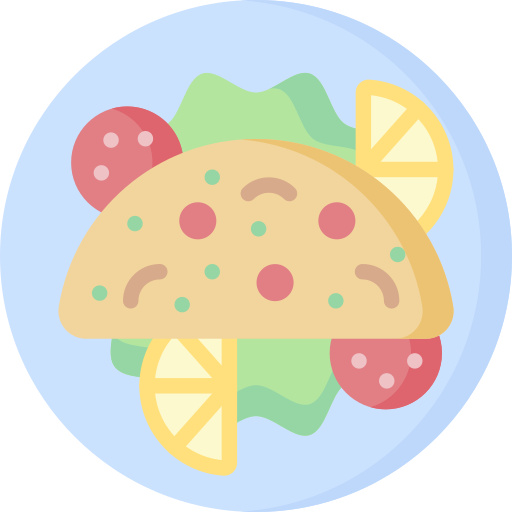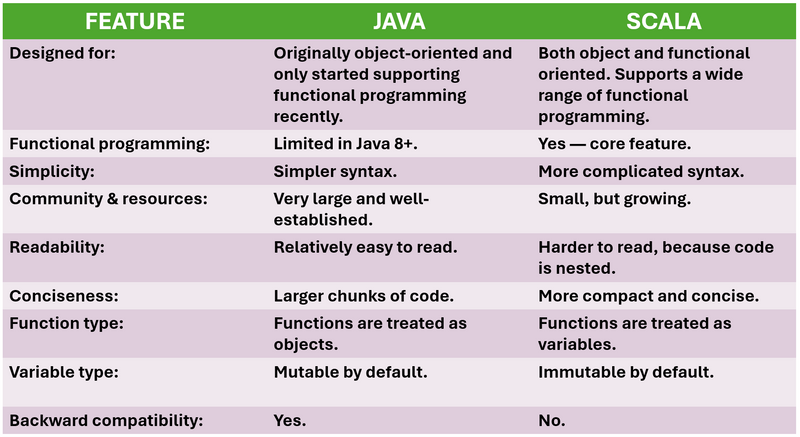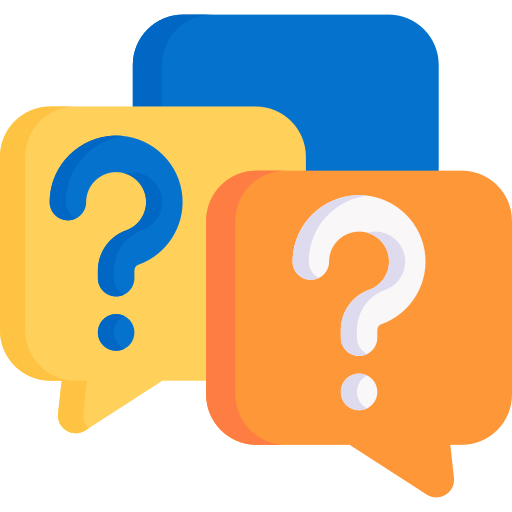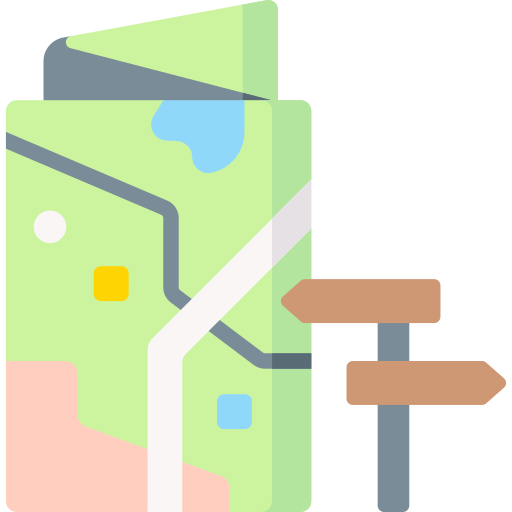Have you ever coded a simple program and wondered how it translates to the complex apps you use every day?
 Photo by William Hook on Unsplash
Photo by William Hook on UnsplashJava and Scala are like building blocks — programming languages that give instructions to computers to create those amazing apps.
But what's the difference between Java vs. Scala? And which one offers a smoother building experience?
Java vs. Scala: What Are They?
Think of programming languages like recipes.
 Photo by Frank Holleman on Unsplash
Photo by Frank Holleman on UnsplashJava is a very precise step-by-step recipe, ensuring every dish turns out the same way.

Scala is like a freestyle cooking guide, allowing for more culinary adventure. You can experiment with ingredients and techniques to achieve the desired flavor.

Java — The Basics
Introduced in 1995 by Sun Microsystems 🌞
Object-oriented, class-based programming language 🔡
Used for building enterprise-scale applications 📲
Java (not to be confused with JavaScript) is a widely used object-oriented programming language and software platform that runs on billions of devices, including notebook computers, mobile devices, and gaming consoles.
The rules and syntax of Java are based on the C and C++ languages.
Scala — The Basics
Introduced in 2003 by Martin Odersky 📅
Combines object-oriented and functional programming paradigms 👨🏽💻
Runs on the Java Virtual Machine (JVM) 🏃🏻♀️
Scala is heavily influenced by Java, but was designed to improve upon it. It's a statically typed programming language, which incorporates functional and object-oriented programming.
It primarily targets the JVM (Java Virtual Machine) platform, but can be used to write software for multiple platforms.
Java vs. Scala: What Are the Differences?
 Image created by the author using PowerPoint. To listen to an audio description of the information in the chart above, press play on the audio player below.
Image created by the author using PowerPoint. To listen to an audio description of the information in the chart above, press play on the audio player below.
Java vs. Scala: Which is Better?
So, which language should you learn? The best choice depends entirely on your coding goals.
 Photo by engin akyurt on Unsplash
Photo by engin akyurt on UnsplashChoose Java if...
You're brand new to programming. Java's simpler syntax makes it easier to learn. 👩🏽🎓
You need a community and abundant resources. There are loads of forums, tutorials, and libraries to help support your project. 🧑🏾🤝🧑
You're creating a long-term project that will require backward compatibility to ensure older versions still function correctly. ⌛
Choose Scala if...
You're familiar with programming concepts and want more expressiveness. 💪🏽
Your focus is on functional programming. Pure functions and immutability make your code more predictable and easy to test. 🔮
You're building data-intensive applications or working with big data. The complex data structures of Scala make it perfect for handling these kinds of tasks. 🦣
Other Considerations
Job market: Both languages are used professionally, but Java has a significantly larger job market due to its wider adoption across various industries.

If finding a programming job is a major goal, Java might be the more practical choice initially.
However, Scala's unique features and growing popularity in specific areas like big data and functional programming could make it valuable in niche markets.
Team expertise: If you're working on a team project, consider the existing skills and experience of your teammates.

Java vs. Scala: Test Yourself
You're part of a team of developers tasked with building a real-time chat application for a large social media platform.
 Photo by Marvin Meyer on Unsplash
Photo by Marvin Meyer on UnsplashThe application needs to handle a high volume of messages efficiently and scale to accommodate millions of users. Additionally, the codebase should be easy to maintain and understand for future developers joining the project.
What would influence your choice between Java vs. Scala for this project?

A. Large developer community and resources: Java offers a wider range of readily available libraries and tutorials.
B. Focus on code maintainability and readability: Both Java and Scala can achieve clean code, but readability might be slightly easier with Java's simpler syntax.
C. Scalability and handling high message volume: Scala's concise and efficient code might be beneficial in managing a large number of users and messages.
D. Real-time features and responsiveness: Both Java and Scala can be used to build real-time applications.
Quiz
Which factors would influence your choice between Java vs. Scala for this project? Choose all that apply:
Take Action

Continue your learning journey by exploring more about Java vs. Scala:
Your feedback matters to us.
This Byte helped me better understand the topic.


